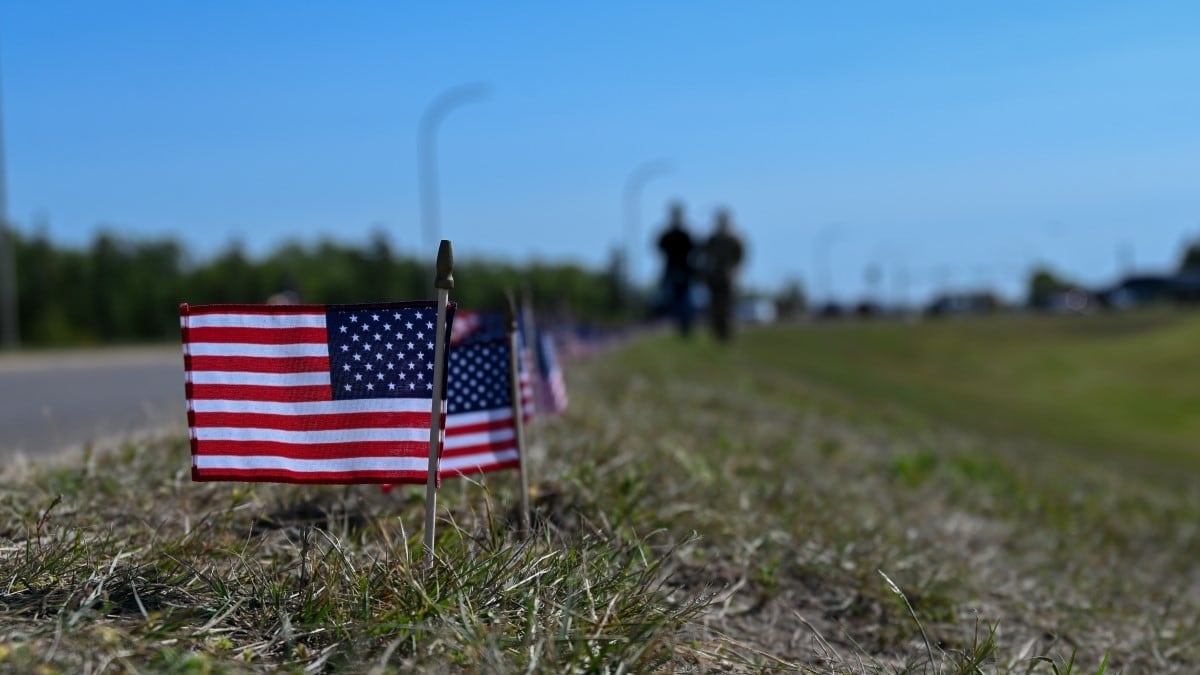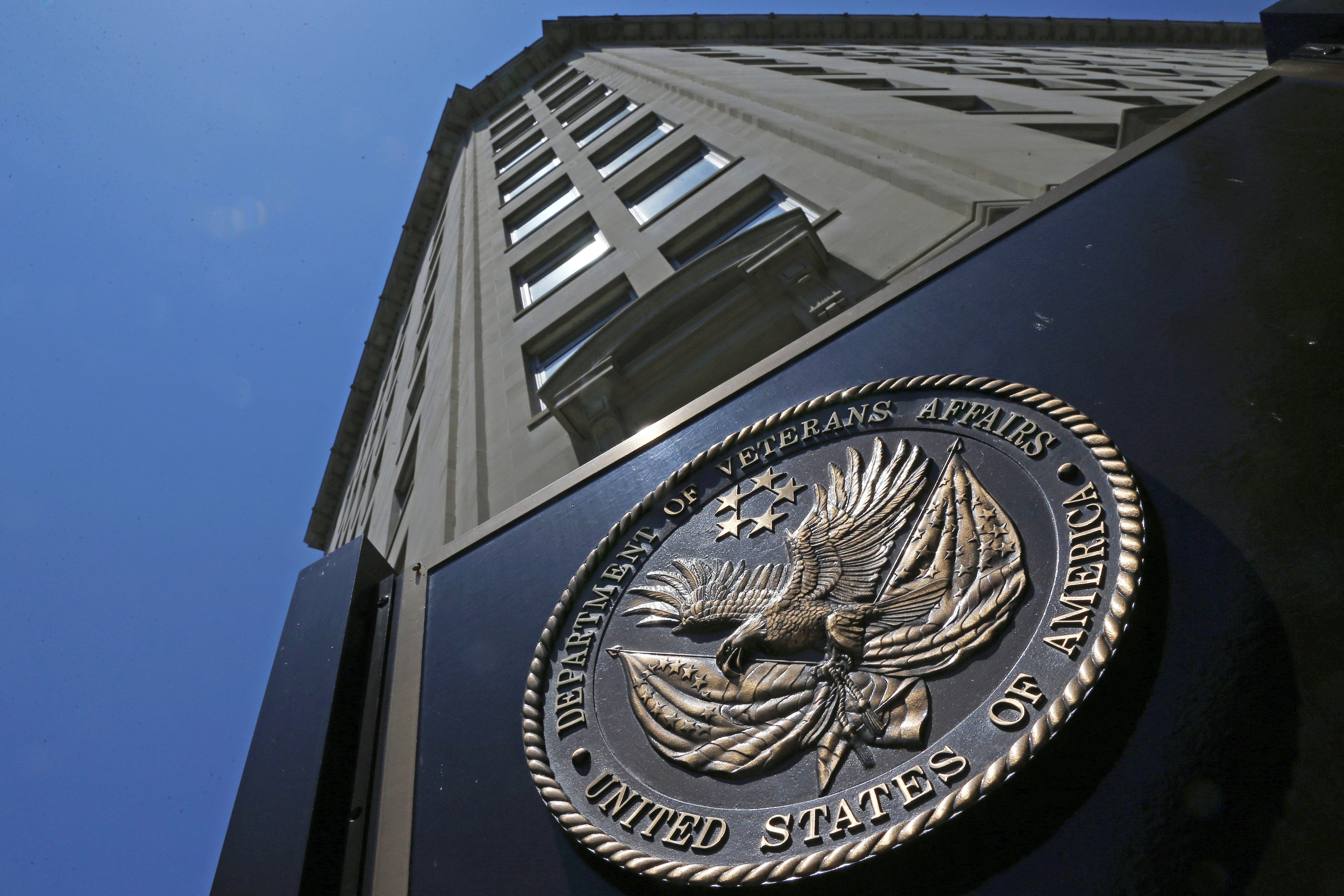CAMP LEJEUNE, N.C. — A U.S. Marine who vanished from his post in Iraq a decade ago and later wound up in Lebanon chose Monday to have his case decided by a military judge instead of a jury.
Court was recessed until Tuesday, when opening statements are expected in Cpl. Wassef Hassoun's trial on charges of desertion, larceny and destruction of property before the judge, Marine Maj. Nicholas Martz.
Hassoun also formally conceded that his second disappearance began with an unauthorized absence, entering a guilty plea to the lesser offense.
Prosecutors will still seek to prove the more serious desertion accusations against Hassoun and that he stole a pistol that was later lost. They have dropped an accusation related to a military vehicle that went missing.
Defense attorneys maintain Hassoun was kidnapped in 2004 by insurgents and later became tangled up in Lebanese courts. Prosecutors allege Hassoun fled his post because he was unhappy with his deployment and the treatment of Iraqis by U.S. troops.
Hassoun, a 35-year-old native of Lebanon and a naturalized American citizen, faces a maximum sentence of 27 years in prison if convicted of all charges, prosecutors said.
Defense attorney Haytham Faraj said the plea on the lesser charge will simplify the debate about Hassoun's decision to go to Lebanon in early 2005 after briefly returning to the U.S. The lawyer says Hassoun didn't intend to stay away permanently — a component of the desertion charge — but had his passport taken by Lebanese authorities.
Hassoun's case began in June 2004, when he disappeared from a base in Fallujah, Iraq. Days later, he appeared blindfolded and with a sword poised above his head in an image purportedly taken by insurgents. An extremist group claimed to be holding him captive.
Not long after that, Hassoun turned up unharmed at the U.S. Embassy in Beirut, Lebanon, saying he'd been kidnapped. But officials were suspicious, and he was brought back to Camp Lejeune in 2004 while the militaryconsidered charging him.
After his return, Hassoun was allowed to visit family in Utah. With a military court hearing looming, Hassoun disappeared a second time in early 2005. Hassoun traveled to Lebanon but was arrested by that country's authorities after Interpol issued a bulletin triggered by his deserter status, Faraj said. The defense says court proceedings in Lebanon lasted until 2013, and Hassoun turned himself in after the government there lifted travel restrictions.
Prosecutors have said his whereabouts were unknown for years.
The judge denied a defense motion Monday to prevent prosecutors from calling an Iraq native now living in the United States.
Faraj argued that the witness interacted with his client long before the disappearance and those conversations weren't relevant.
But the prosecutor, Capt. Chris Nassar, said Hassoun made incriminating comments to the witness, including that he didn't want to die in Iraq and wanted to leave the Marines.
The judge denied a prosecution motion seeking to bar the defense from referring in opening statements to the video that purportedly shows Hassoun being held by insurgents, nor mention Lebanese government documents related to court proceedings against Hassoun in that country.
The judge allowed the evidence to be mentioned in opening statements, but warned that the defense must later show the trustworthiness of those documents.




